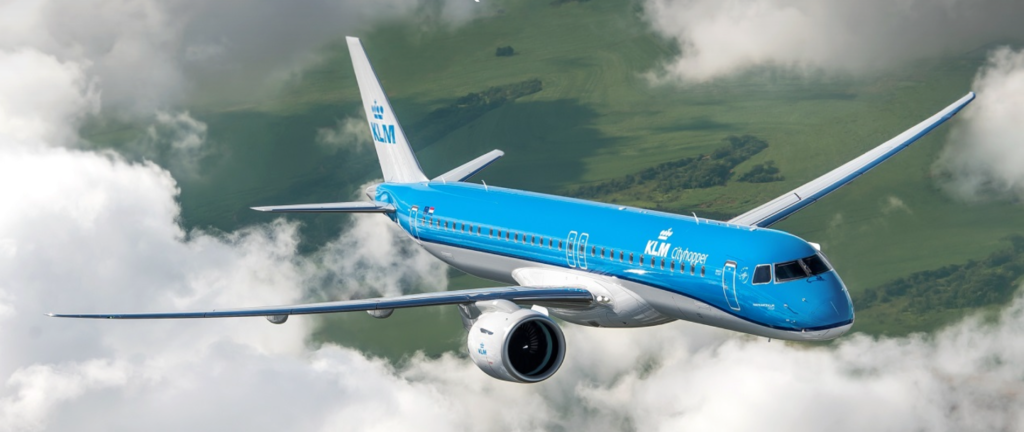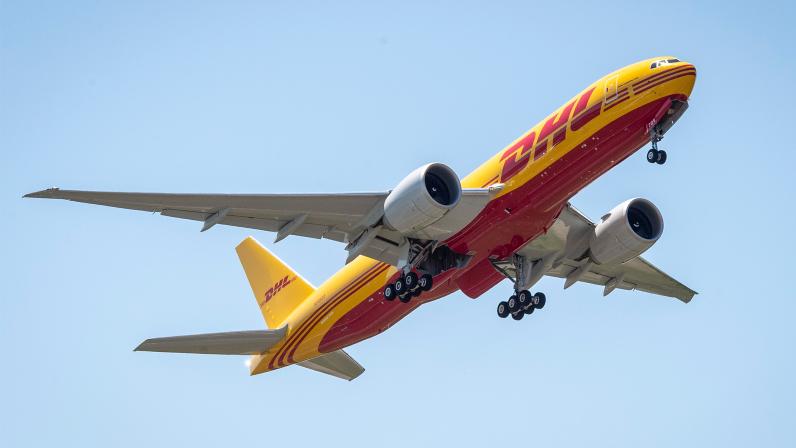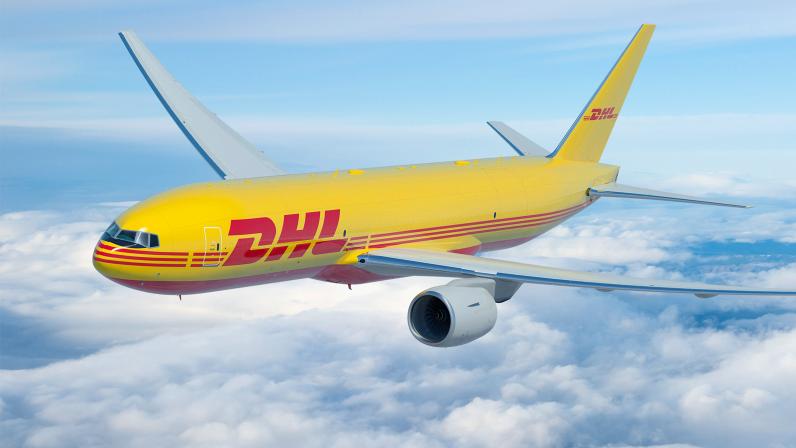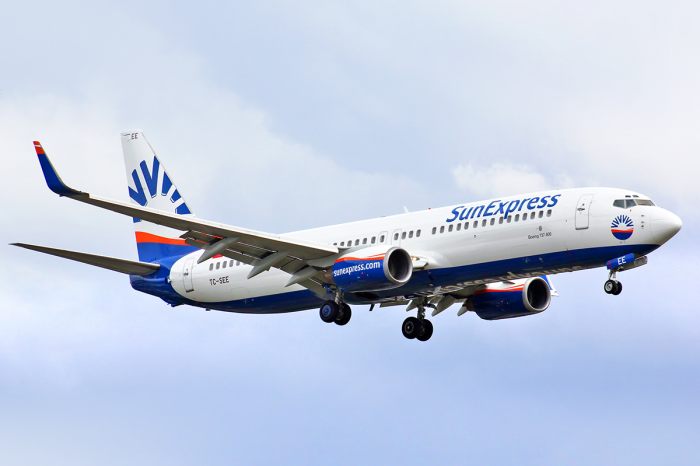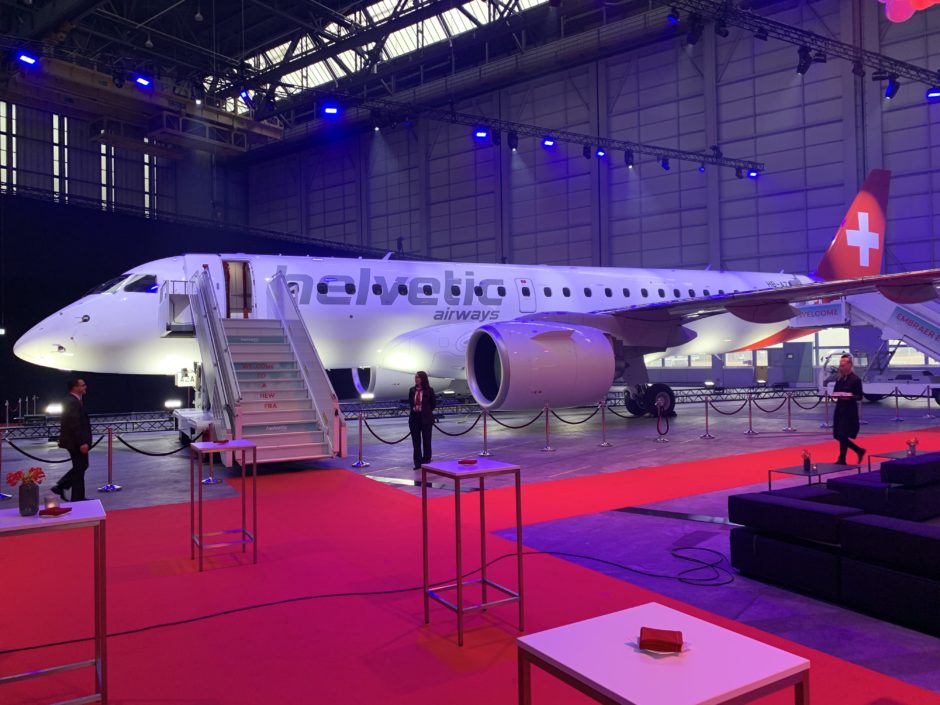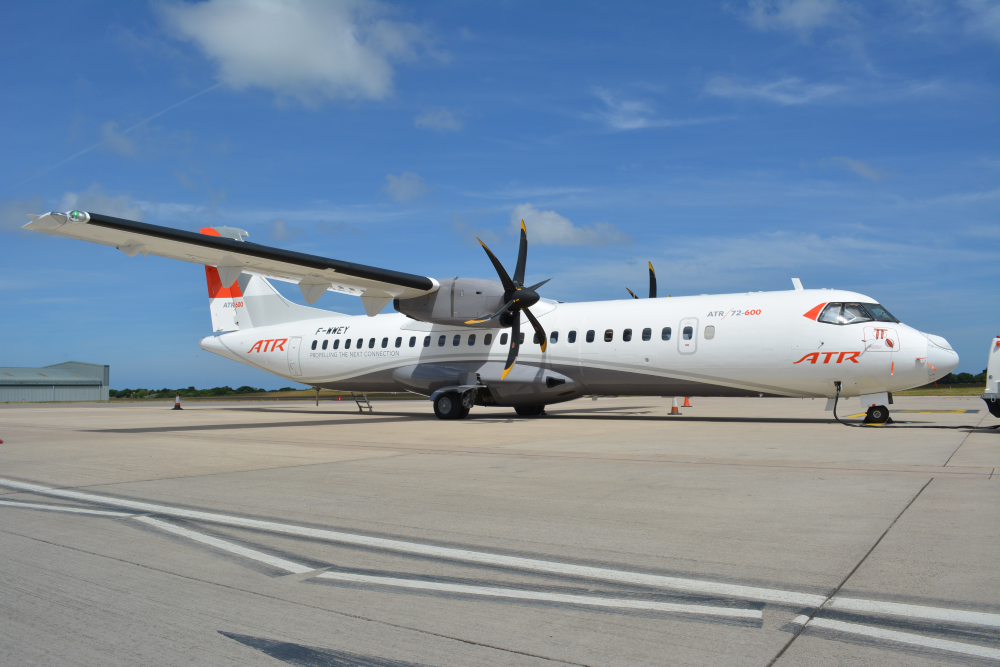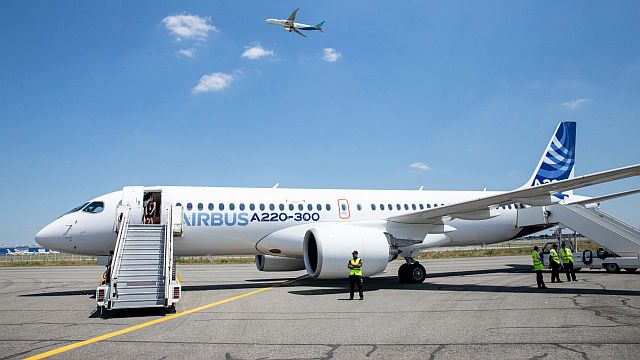São José dos Campos, Brazil, 23 February 2021 – KLM Cityhopper, the regional subsidiary of KLM Royal Dutch Airlines, received their first Embraer (NYSE: ERJ) E195-E2 in a ceremony today at Embraer’s facility in Brazil. This first E2 delivery to KLM, and lessor ICBC Aviation Leasing, brings the total number of Embraer jets in the KLM Cityhopper fleet to 50.
The total order for 35 jets, 25 firm orders with options for 10 more, will be leased to KLM from ICBC Aviation Leasing (10) and Aircastle (15). KLM recently exercised four options increasing the firm order from 21 to 25 jets, with the further four aircraft coming from Aircastle’s existing order-book.
KLM is a global leader in airline sustainability and taking action to make operations more sustainable. KLM’s fleet renewal is a key strategy to reduce the airline’s environmental footprint. The E195-E2, Embraer’s new generation aircraft, is specifically designed to cut emissions and noise pollution. The E2’s environmental credentials are impressive; the E195-E2 delivers a 31% reduction in carbon emissions per seat over KLM Cityhopper’s first-generation E190’s.
Noise pollution is also dramatically reduced; the noise footprint is over 60% smaller – a critical measure at Amsterdam Schiphol Airport which has strict noise abatement rules. The E2’s low external noise level is already well below planned future ICAO limits. Carbon emissions are almost 10% lower per trip and 31% lower per seat. In a typical year, each E195-E2 will emit 1,500 fewer tons of carbon pollutants.
The E195-E2 is the 50th E-Jet to join the KLM Cityhopper fleet of 17 first-generation E175s and 32 E190s. The new E195-E2 is configured with 132 seats – 20 in Business Class, eight in Economy Comfort, and 104 in Economy Class.
